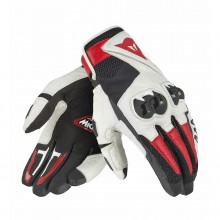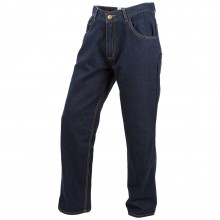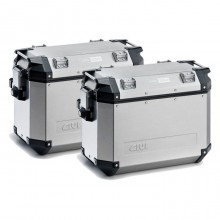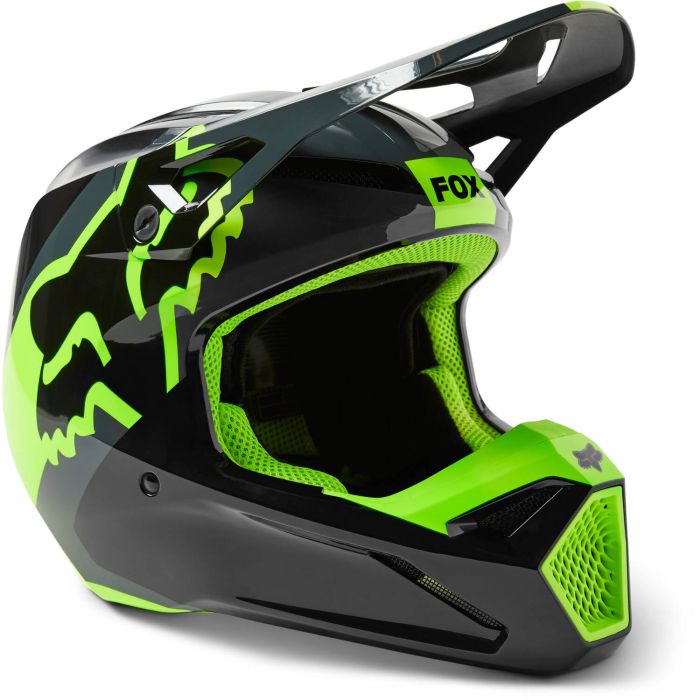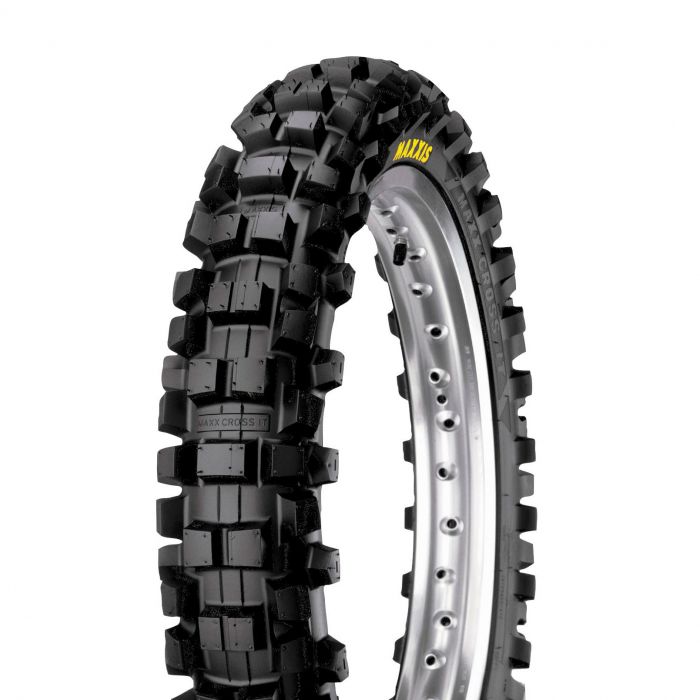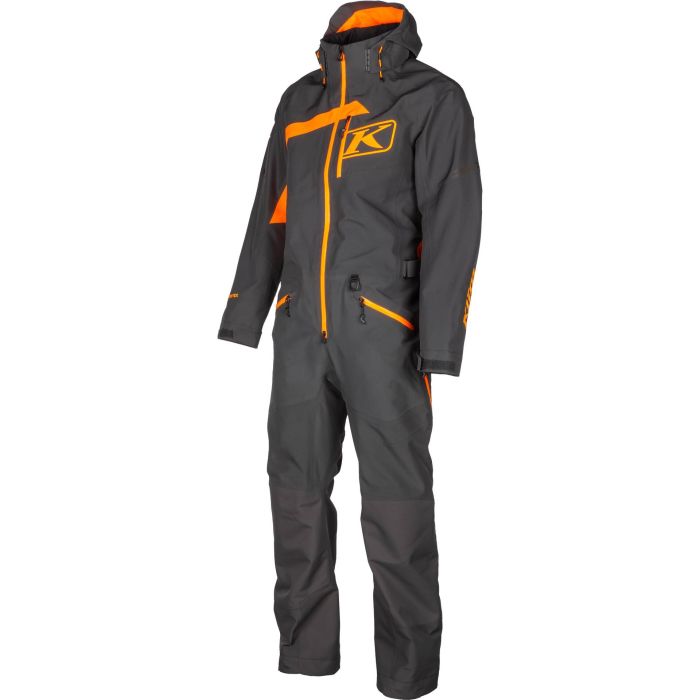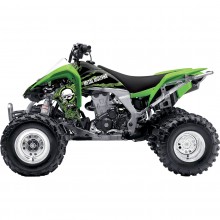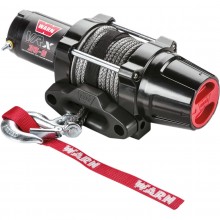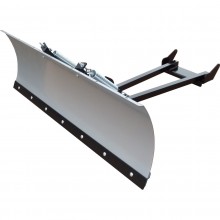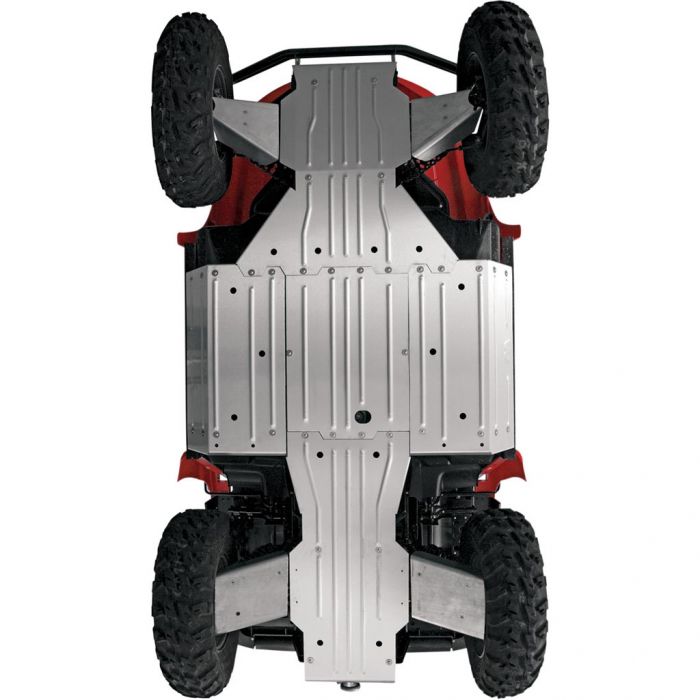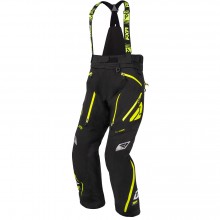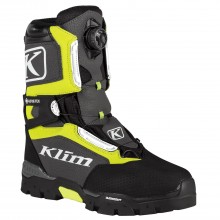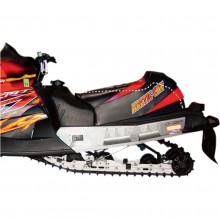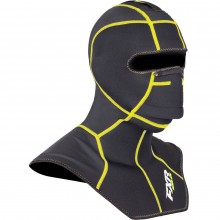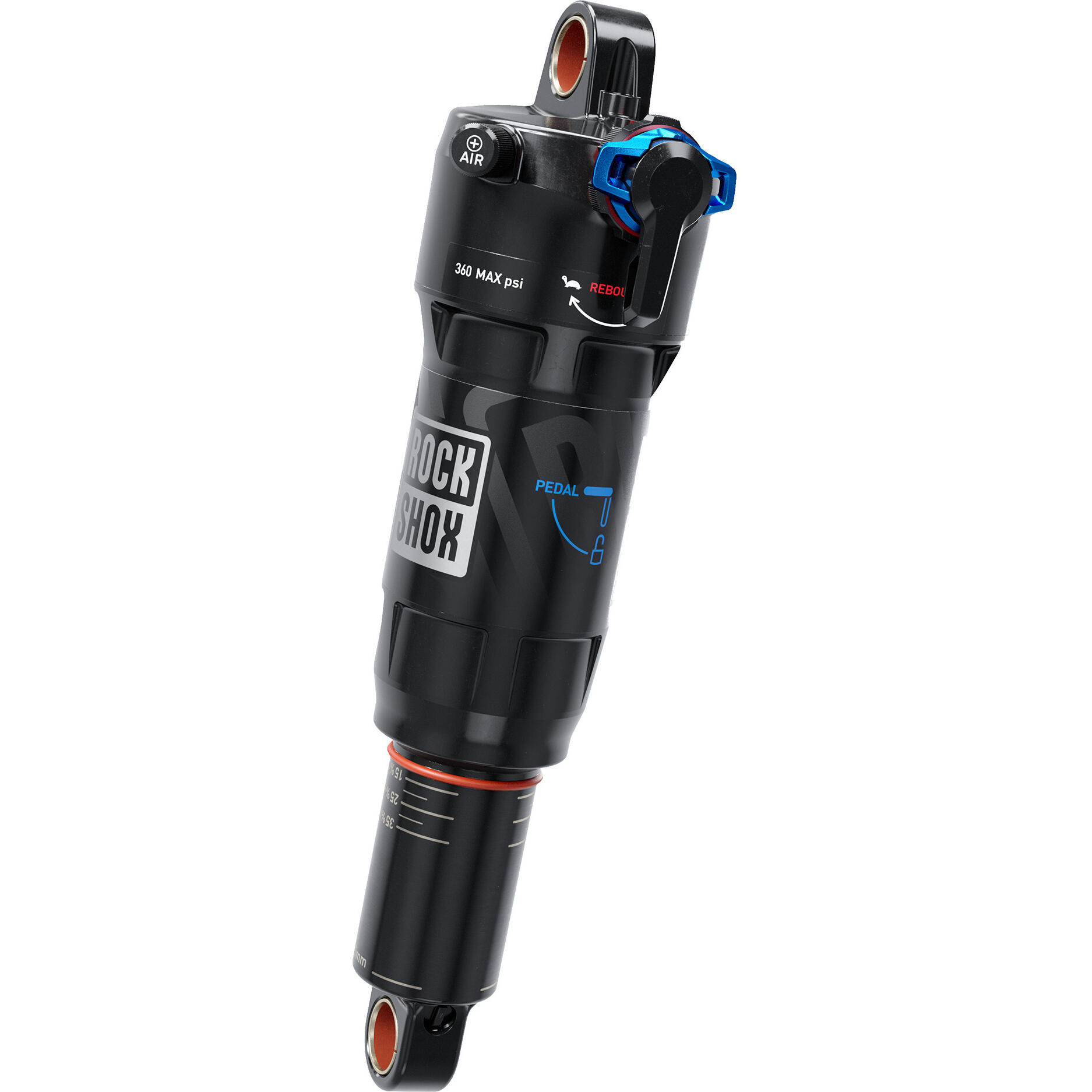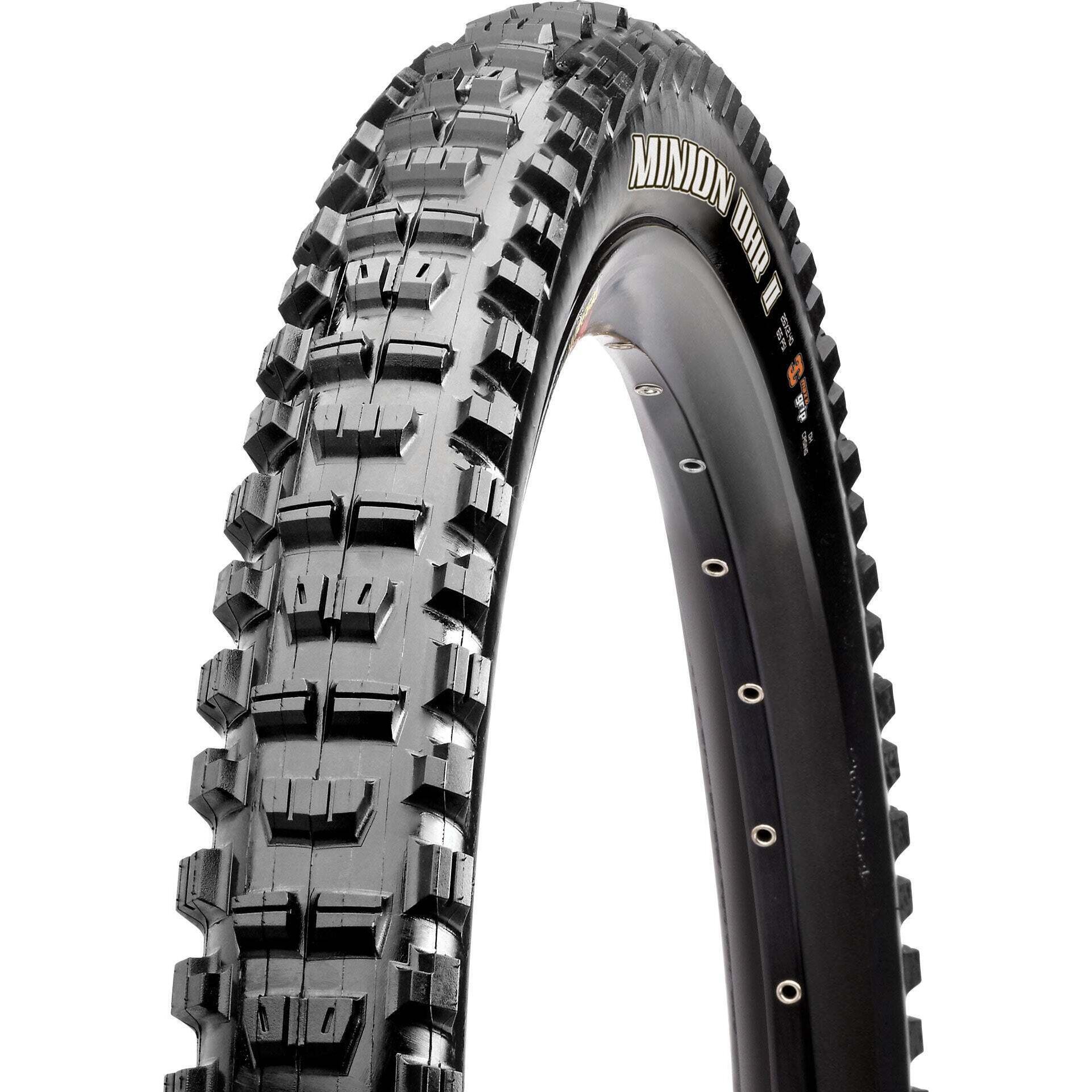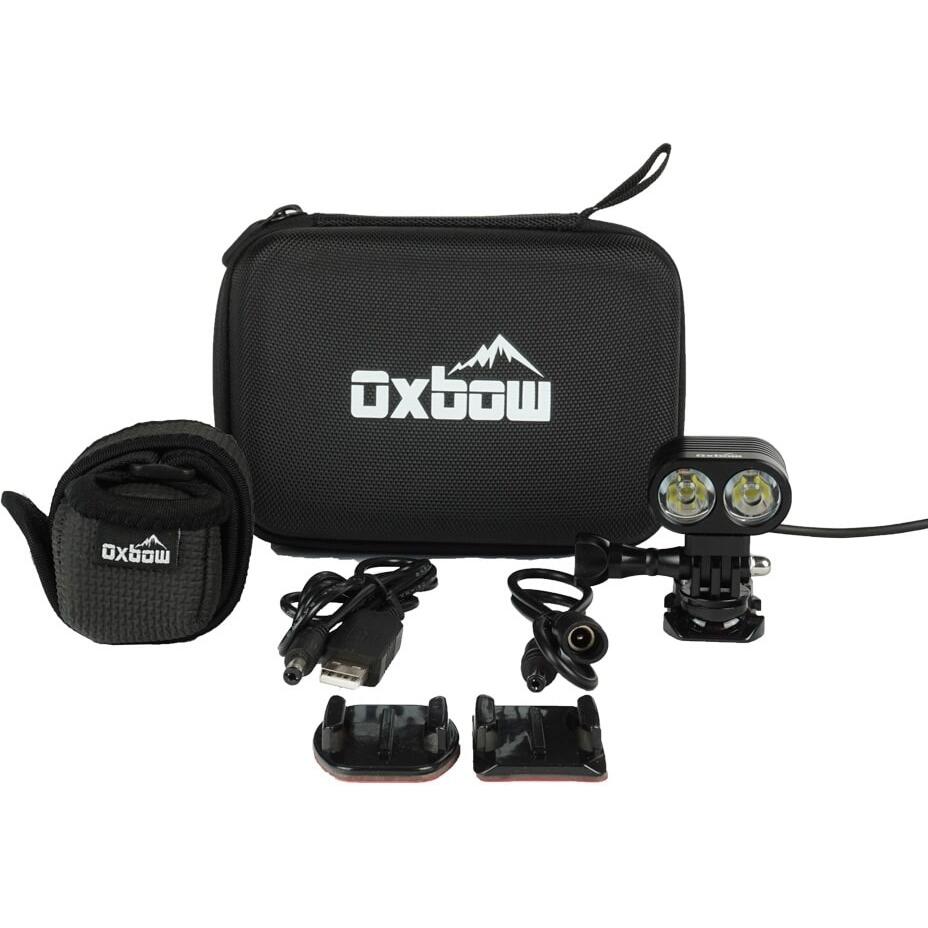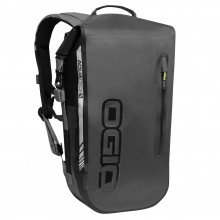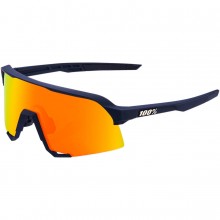
Motorcycling with Kids on the Pillion: A Parent’s Guide
Small passenger, big decision. Is love’s impulse to include fundamentally at odds with duty's impulse to protect? Here's what a parent should consider.
Want more tips to improve your skills and mindset? Join The Break-In, our weekly newsletter!
Subscribe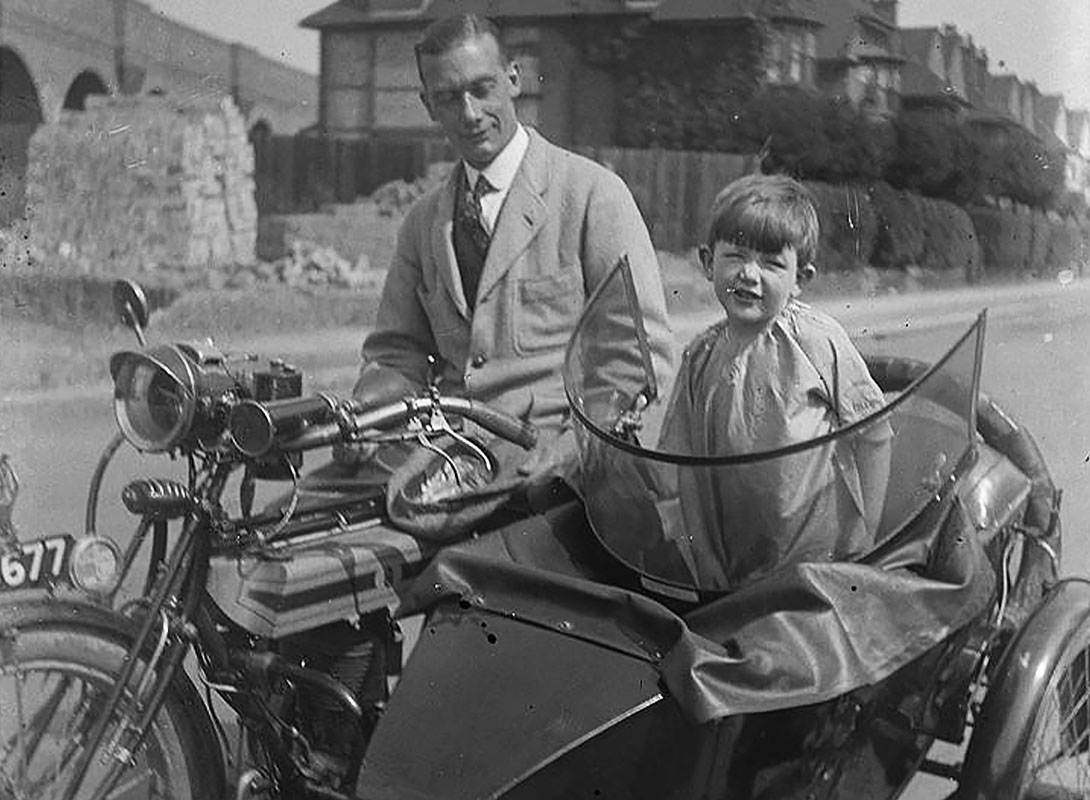
DanF9 | Aug 30, 2025 — Every parent who rides knows the pull in two directions. On one hand, there’s the joy of sharing your passion: the open road, the laughter in the helmet, the simple act of trust between rider and passenger. On the other, there’s the sober reality: children cannot fully judge risks, and roads don’t honor sentiment. Affection is not an alibi, and caution isn’t cowardice.
The pillion seat has always been a place of learning. Once a cushion behind a horse’s saddle, now the narrow pad behind a fuel tank. It can be a classroom in balance and trust, but it can also be a shortcut to thrills a child isn’t ready for. The difference comes down to preparation, limits, and judgment.
Safety First: The Non-Negotiables
If you decide to ride with your child, start with clear conditions:
Gear as a contract, not a costume: A proper, child-sized helmet, jacket, gloves, and boots. They must fit now, not "after they grow into it."
Reach and hold: Both feet should rest flat on the pegs. If they can’t, it’s not time yet.
Hardware that forgives: A backrest or top box adds security. Handle belts can help, but avoid tethers. Falling together is worse than falling free.
Communication and Comfort
Kids need tools to feel secure and to communicate clearly:
Simple signals: Three taps = stop immediately. One tap = "hold tight."
Intercoms: These transform kids from silent passengers into active participants, and they help you spot drowsy moments.
Riding posture: Teach them to stay aligned with the bike and look into corners, nothing more complicated than that.
How to Start
Begin short and quiet: The first rides should be 10–20 minutes at neighborhood speeds, with frequent check-ins.
Make it purposeful: An ice cream stop or a short errand makes the ride a story, not just an exercise.
Increase gradually: Add time, speed, and variety only after confidence builds on both sides.
The Ethical Question
The real dilemma isn’t technical. it’s philosophical. Riding with a child is love’s impulse to include set against duty’s impulse to protect. Parents have to decide what lesson the ride teaches: stewardship over adrenaline, or thrill at any cost.
Montaigne might say the answer lies in what your child carries off the bike. If they learn patience, awareness, and balance, inclusion and protection can meet in the middle. If they learn that speed trumps judgment, then the back seat has failed its purpose.
Closing Thought
Motorcycling with a child is never risk-free. But with the right preparation, limits, and mindset, it can be both a joy shared and a responsibility honored. The best rides, like the best corners, are entered slowly and exited smooth. Love can invite, but duty must set the pace.
Have something to say about the matter? Join the Discussion.
Want more tips like these to improve your rider's mindset? Subscribe to The Break-In, FortNine's weekly newsletter!
Related Articles
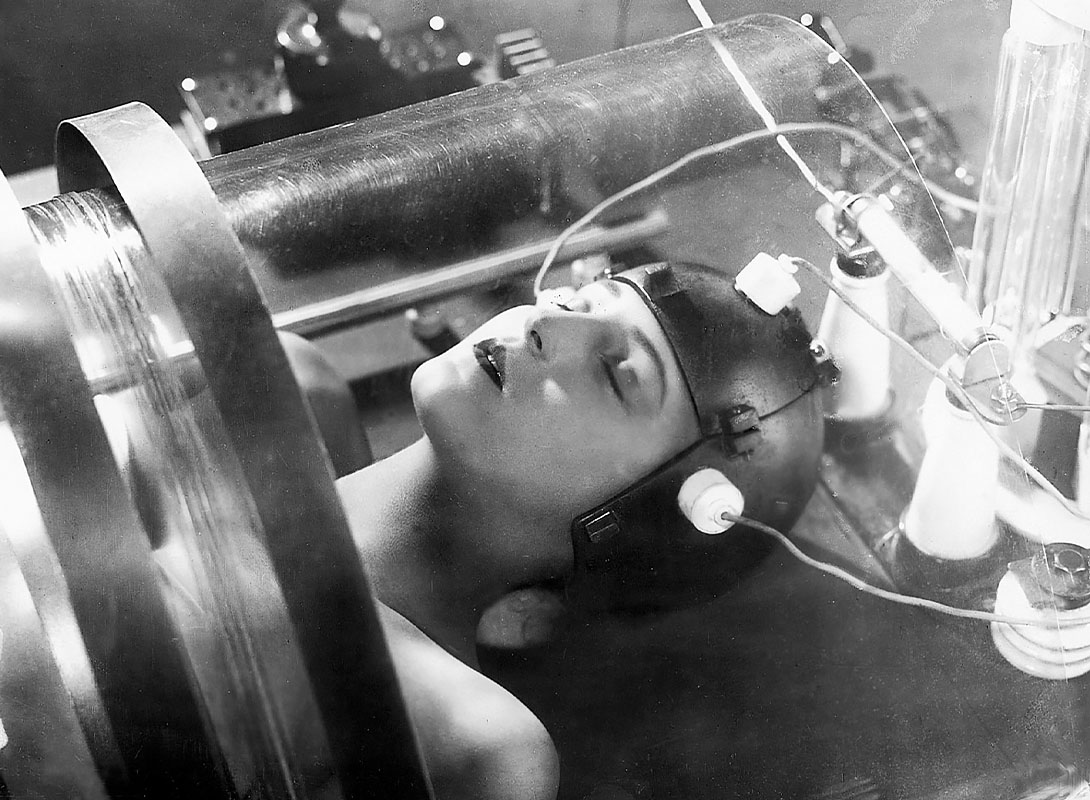
5 Experiments to Reanimate Your Motorcycle Commute
Your daily motorcycle commute is looking lifeless. Throw the switch, and watch it come alive!
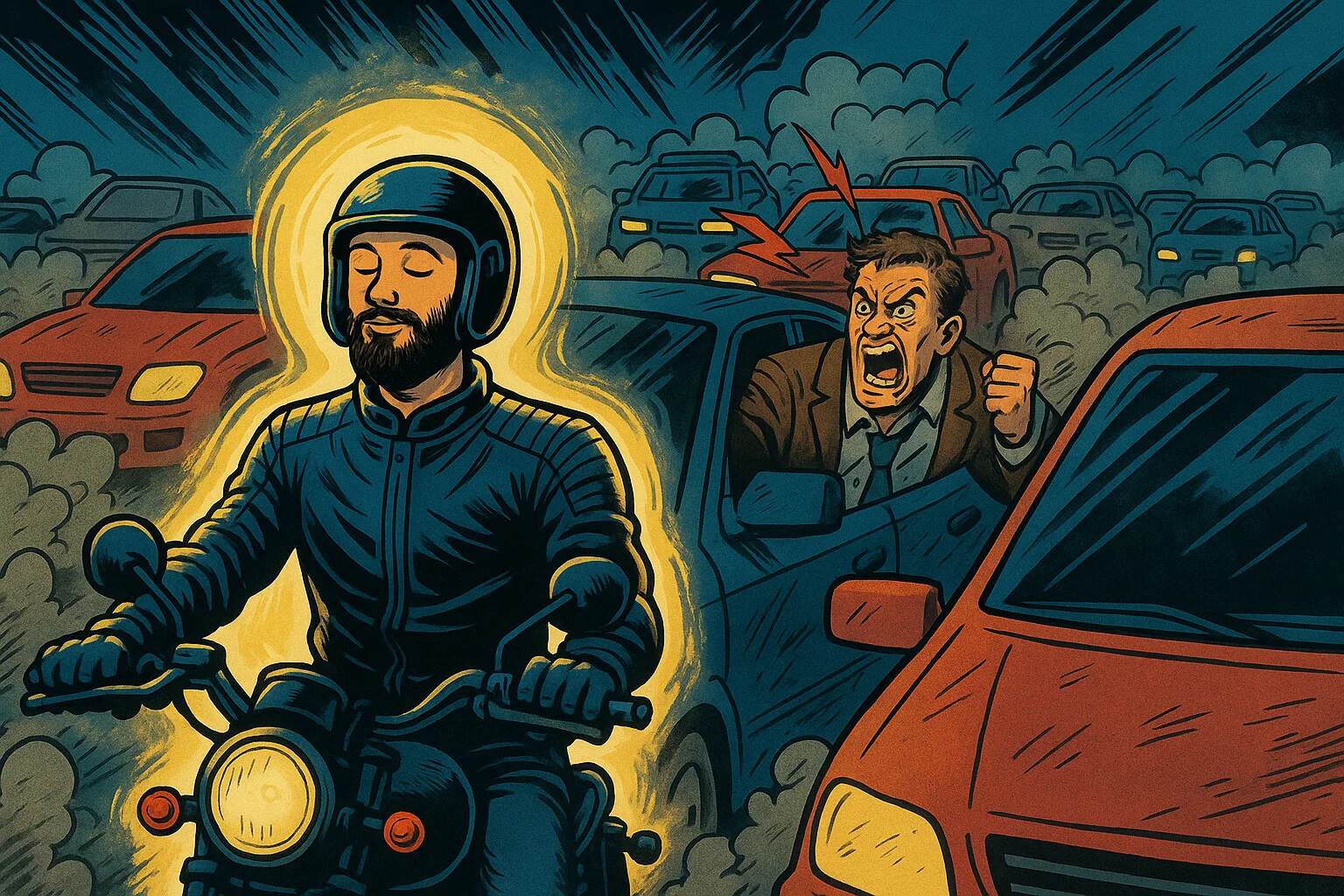
Motorcycle Road Rage Survival Guide
Because turning your daily commute into a Mad Max saga isn't a sustainable hobby.

If Motorcycling Is a Gamble, Are You an Addict?
Ride or die... It's like we're addicted to throwing the dice every time we ride.



